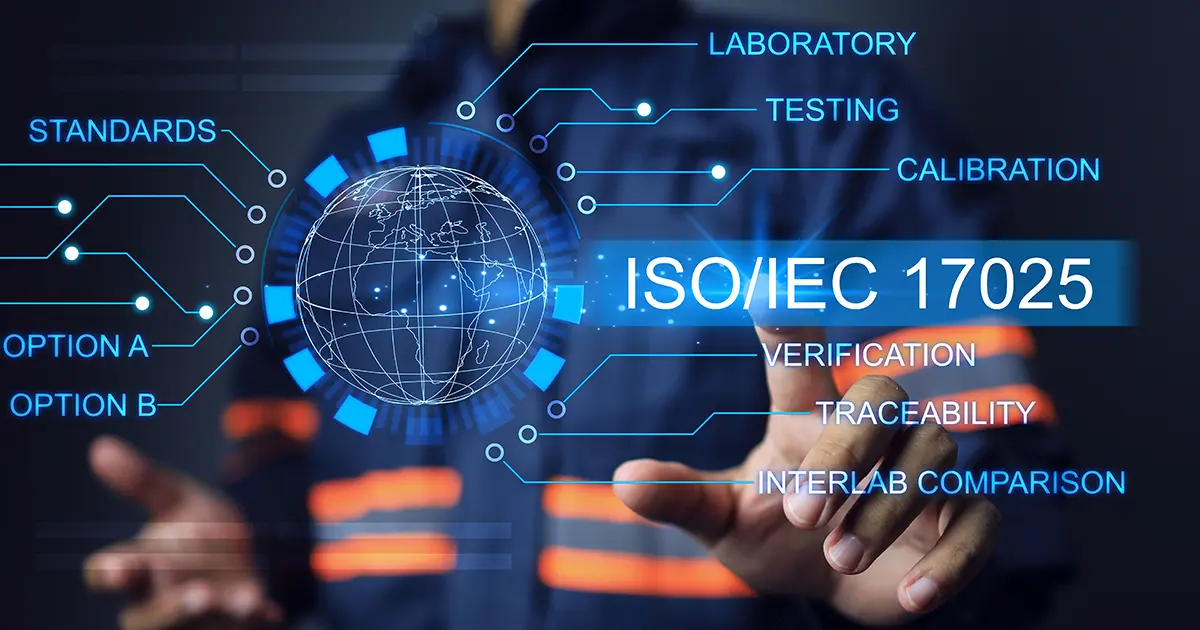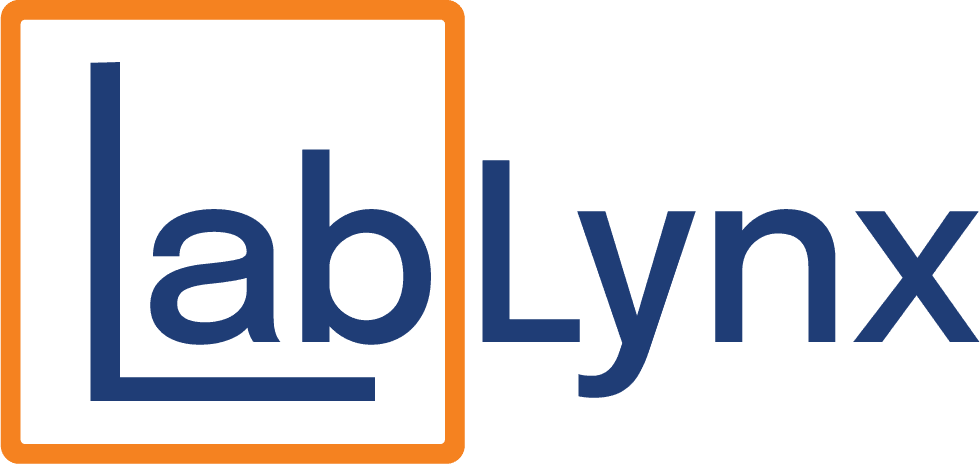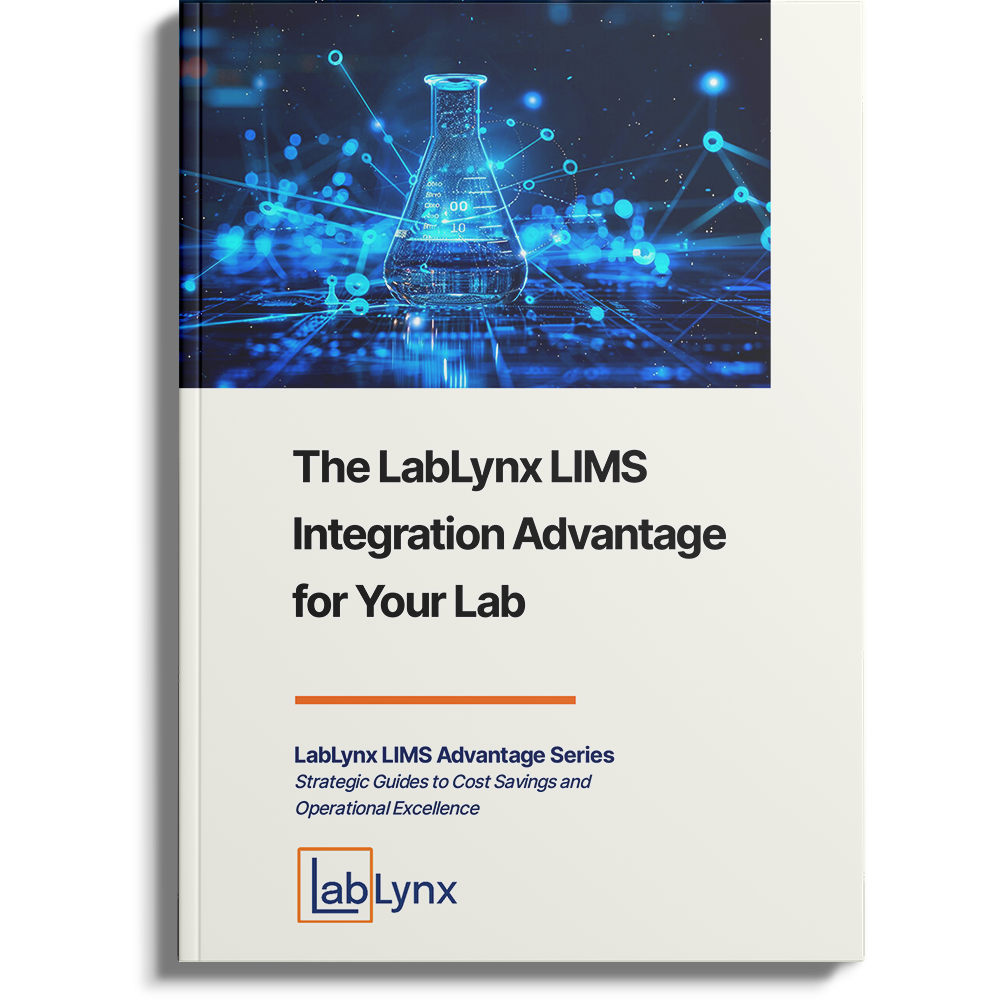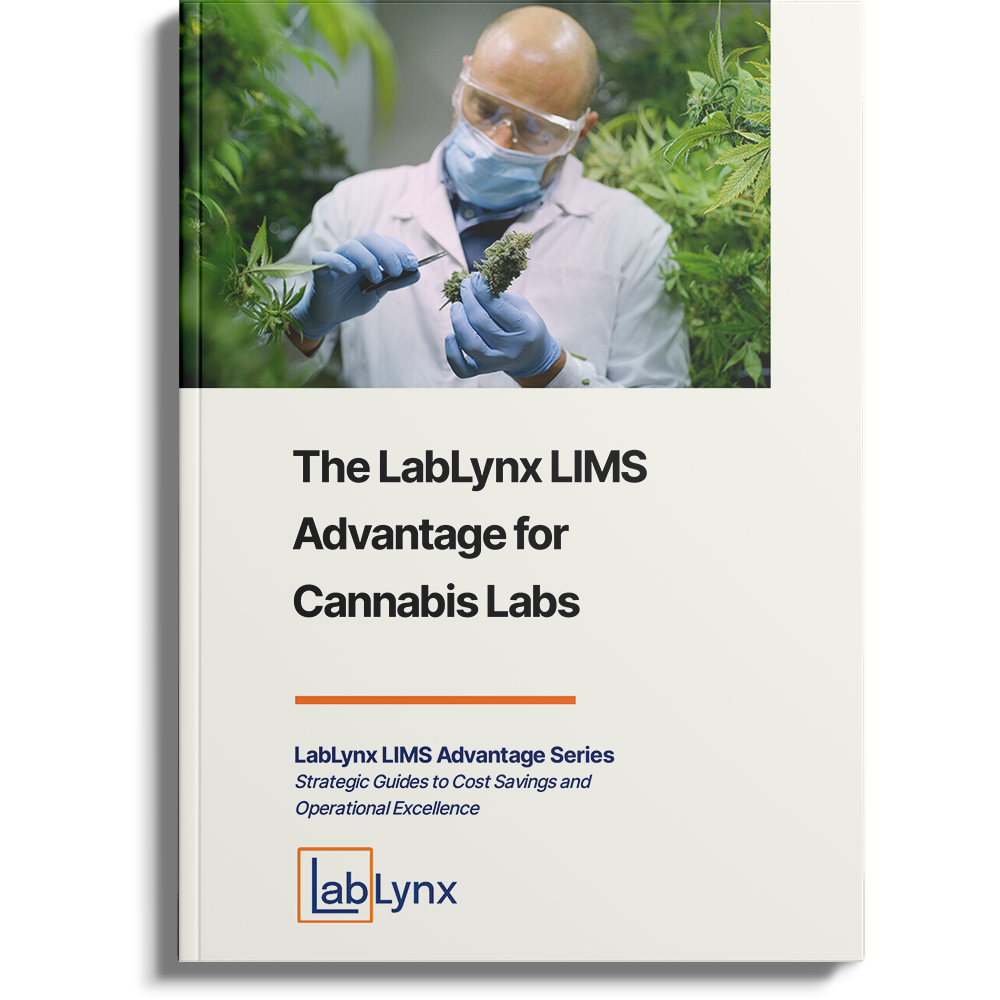
In the competitive world of laboratory science, standing out as a trusted, reliable, and efficient organization can make or break a lab’s success. Whether you’re managing a clinical lab, an environmental testing facility, or a forensic science lab, you’ve likely encountered the term ISO accreditation. But what exactly is it, and does your lab need it?
The short answer: If your lab is striving for higher standards, enhanced credibility, and operational efficiency, ISO accreditation is not just a nice-to-have—it’s a must-have. In this article, we’ll explore what ISO accreditation entails, its benefits, and real-world examples that showcase how it can transform laboratory operations.
What is ISO Accreditation?
ISO accreditation refers to certification under standards developed by the International Organization for Standardization (ISO). In the lab industry, the most relevant standards include:
- ISO/IEC 17025: General requirements for the competence of testing and calibration laboratories.
- ISO 15189: Specific to medical laboratories, focusing on quality and competence.
- ISO 9001: A broader standard emphasizing quality management systems.
Each of these standards provides a framework for consistent, high-quality operations, ensuring that labs deliver reliable results and maintain stringent quality control.
The Case for ISO Accreditation: Does Your Lab Need It?
The need for ISO accreditation depends on your lab’s objectives and industry. Below, we break down the key factors that might make ISO accreditation essential for your lab.
1. Regulatory Compliance
Many industries require ISO accreditation as a baseline for compliance. For example:
- Environmental labs often need ISO/IEC 17025 certification to meet EPA and other regulatory requirements.
- Medical labs pursuing accreditation under ISO 15189 align with the standards required by healthcare regulators globally.
Case Study: A Canadian environmental testing lab achieved ISO/IEC 17025 certification and secured contracts with government agencies that required this accreditation. Without ISO certification, these contracts would have been out of reach.

2. Improved Credibility and Marketability
ISO accreditation signals to clients, regulators, and stakeholders that your lab operates at the highest level of quality and consistency. This can help attract new clients, retain existing ones, and expand your market presence.
Research Insight: According to a study by the International Accreditation Forum (IAF), 67% of businesses with ISO certifications reported improved customer satisfaction and trust.
3. Enhanced Operational Efficiency
Achieving ISO accreditation involves scrutinizing and streamlining processes, which often results in better resource management, reduced errors, and increased productivity.
Real-World Example: A pharmaceutical lab reduced its error rate by 35% within a year of implementing ISO 9001 standards, significantly lowering costs associated with quality assurance.
4. Global Recognition
ISO accreditation gives your lab international recognition, opening doors to partnerships, research opportunities, and contracts across borders.
Breaking Down the Benefits of ISO Accreditation
- Quality Assurance: ISO accreditation ensures robust quality management systems, reducing errors and increasing the reliability of test results. This is particularly crucial in fields like clinical diagnostics or forensic science, where lives and legal outcomes may depend on your results.
- Risk Mitigation: With standardized procedures in place, your lab can better manage risks, whether related to data integrity, safety, or regulatory compliance. ISO standards often require labs to maintain a risk-based thinking approach.
- Continuous Improvement: ISO accreditation isn’t a one-time achievement; it’s a commitment to ongoing improvement. Regular audits ensure that your lab evolves with industry best practices.
- Competitive Advantage: An ISO-accredited lab stands out in a crowded market. Clients and regulatory bodies are far more likely to trust a lab with recognized accreditation over one without.
The Process: How to Achieve ISO Accreditation
ISO accreditation is a rigorous process, but the rewards are worth the effort. Here’s a high-level overview:
- Understand the Standards: Identify the relevant ISO standard for your lab.
- Gap Analysis: Assess your current operations against ISO requirements.
- Implement Changes: Develop and document procedures, train staff, and improve systems to meet ISO standards.
- Internal Audit: Conduct an internal audit to identify areas for improvement.
- Certification Audit: Engage an accredited body to perform the certification audit.
- Maintenance: Maintain accreditation through regular audits and continuous improvement.

Potential Challenges and How to Overcome Them
- Initial Costs: ISO accreditation involves upfront costs for training, documentation, and audits. However, the long-term ROI in operational efficiency and marketability often outweighs the initial investment.
- Cultural Resistance: Implementing new processes may face resistance from staff. Comprehensive training and clear communication about the benefits of ISO accreditation can help.
- Documentation Overload: Creating and maintaining detailed documentation can be daunting. Lab management systems (LIMS) like those provided by LabLynx can simplify this process by automating data collection, management, and reporting.
Success Stories: ISO Accreditation in Action
Forensic Lab Transformation
A forensic science lab in the U.S. faced scrutiny over inconsistent results. By achieving ISO/IEC 17025 accreditation, the lab not only improved its credibility in court but also streamlined its evidence handling processes, reducing turnaround times by 20%.
Medical Lab Efficiency
A mid-sized medical lab in Europe integrated ISO 15189 standards into its operations, leading to a 25% reduction in errors and a significant boost in patient satisfaction ratings.
Do You Really Need ISO Accreditation?
ISO accreditation may not be mandatory for every lab, but it’s increasingly becoming an industry norm. Labs that pursue accreditation often gain more than just a certificate—they earn trust, reduce risks, and set a strong foundation for growth.
How LabLynx Can Help
At LabLynx, we understand the complexities of achieving and maintaining ISO accreditation. Our customizable LIMS solutions are designed to support your lab’s compliance efforts, from data integrity to process automation. With features like audit trail tracking, documentation management, and customizable workflows, LabLynx makes ISO accreditation more attainable than ever.
Conclusion: ISO Accreditation as a Gateway to Excellence
ISO accreditation is more than just a badge of honor—it’s a gateway to operational excellence, customer trust, and long-term success. Whether your lab is just starting or looking to enhance its competitive edge, ISO accreditation can provide the framework you need to thrive.
If you’re ready to elevate your lab’s capabilities, contact LabLynx today to learn how our LIMS solutions can support your journey toward ISO accreditation.




